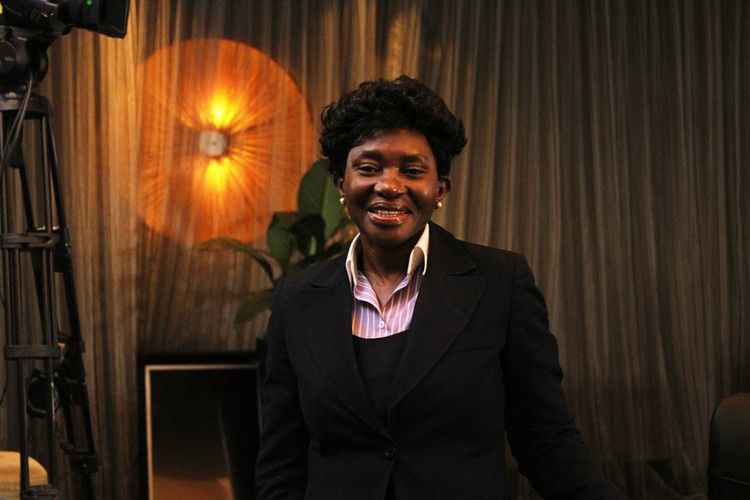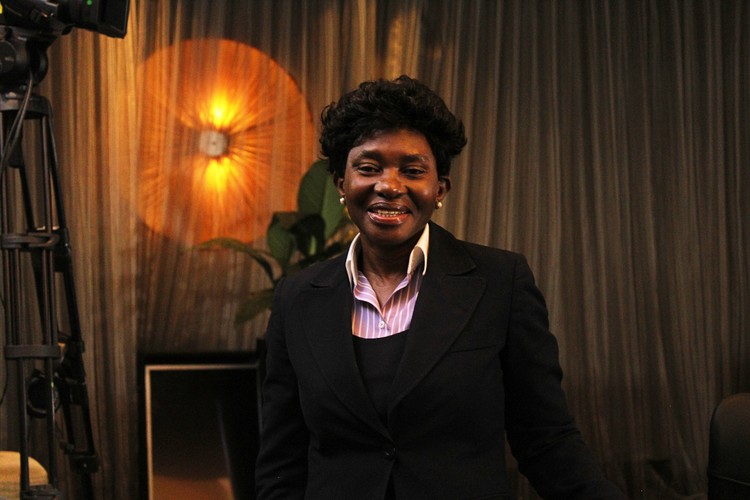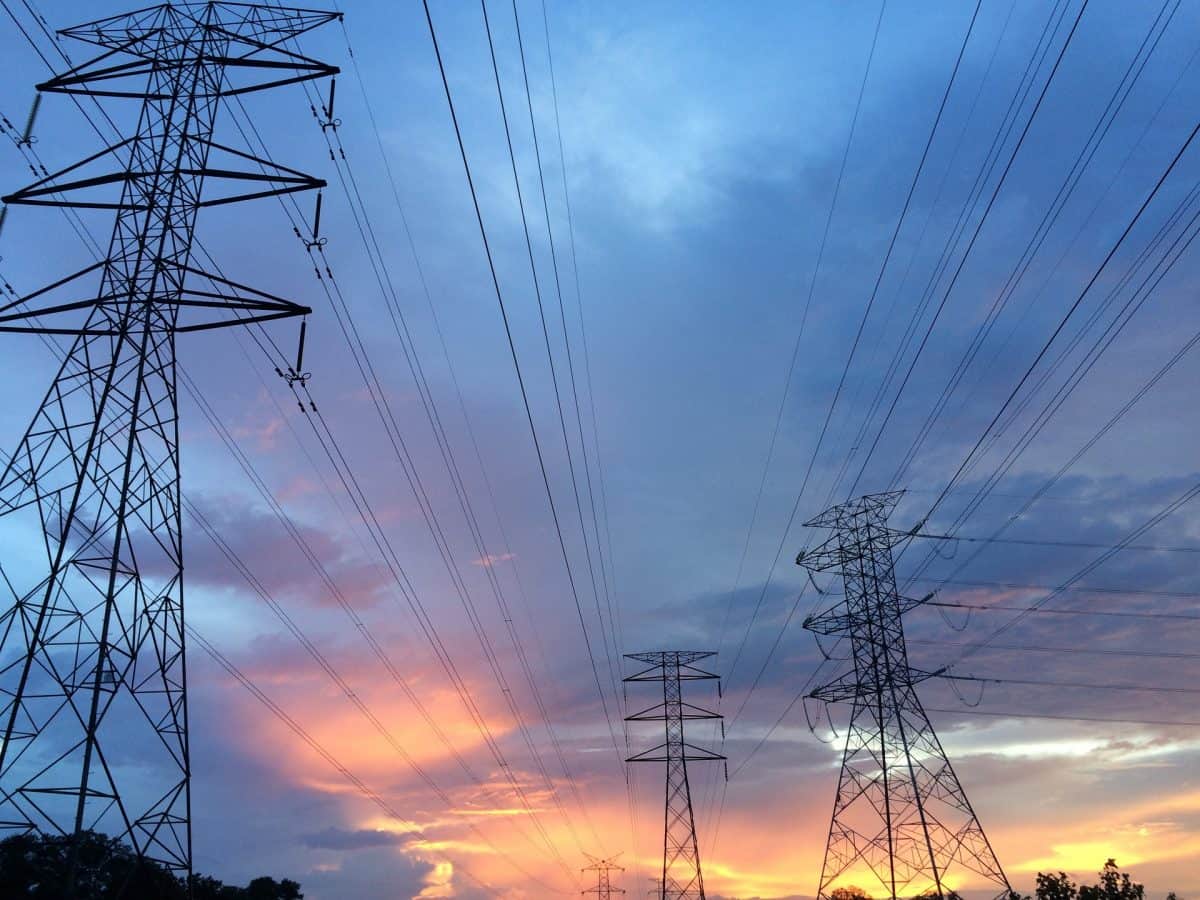
The Judicial Service Commission (JSC) is set to consider the conduct tribunal’s findings against judge Nana Makhubele. The tribunal found Makhubele guilty of gross misconduct for chairing the Passenger Rail Agency of South Africa (Prasa) interim board even after being appointed a judge in the high court.
The complaint was lodged by the civil society coalition #UniteBehind in 2019 after Makhubele continued to serve as the interim board chairperson at Prasa after she was appointed a judge on 1 January 2018.
WHY WAS THERE A TRIBUNAL ON JUDGE NANA MAKHUBELE?
Ahead of the tribunal, Judges Matter reported that Makhubele being a judge and working on Prasa’s board may be considered a breach of the separation of powers between the judiciary and the executive as Prasa is a state-owned entity run by the department of transport.
Additionally, judges are not allowed to take up an appointment seen to be inconsistent with an independent judiciary or that would undermine the separation of powers doctrine.
According to GroundUp, the tribunal was established by the JSC to consider two complaints by commuter activist group #UniteBehind:
Part A: Judge Makhubele sat as a judge at the same time that she was chair of the PRASA interim board.
Part B: She had also involved herself in state capture in connection with matters involving the Siyaya group of companies. In particular she authorised, in an alleged “secret settlement deal”, payments from PRASA to Siyaya of R56-million while sidelining PRASA’s internal legal team.
JCC FINDS MAKHUBELE GUILTY OF GROSS MISONDUCT
GroundUp reported that in Part A, the tribunal had to consider two conflicting versions: the evidence of Gauteng Judge President Dunstan Mlambo and that of Makhubele.
Mlambo claimed that Makhubele had never told him that she had accepted the Prasa job (a week after she was named as a successful judicial candidate following the JSC interviews in October 2017).
Further, he said that when Makhubele failed to report for duty on 1 January 2018, he summoned her to his office. At that meeting, attended by deputy judge president Aubrey Ledwaba, she said she had to wrap up cases she was involved in as an advocate and her duties at the Water Tribunal.
In contrast, Makhubele said this meeting only happened later because Mlambo had already agreed that she would assume judicial duties in April 2018. Mlambo denied this.
In its findings, the tribunal said Makhubele’s version was “most unlikely.”
In Part B, the tribunal said this was related to her handling of four claims brought by the Siyaya group of companies, which Prasa had been vigorously defending.
The board allegedly resolved to settle these claims, but there was no record of this decision.
Prasa’s suspended head of legal, risk, and compliance, Martha Ngoye, also testified that Makhubele sidelined and excluded the rail agency’s legal department from handling litigation matters involving corruption-accused company Siyaya DB and Prasa.
Fani Dingiswayo, general manager of legal services at Prasa, also testified that Makhubele had marginalized the legal unit, terminated the mandate of the rail agency’s attorneys, and personally appointed another firm of attorneys in their stead.
Judge Makhubele then negotiated with Siyaya’s attorneys and entered into a confidential settlement agreement manifestly and materially prejudicial to Prasa’s interests.
The tribunal said the credible evidence was against Makhubele and found her guilty of gross misconduct.
You can read the ruling here.
DO YOU THINK THAT JUDGE NANA MAKHUBELE WILL BE IMPEACHED?
Let us know by clicking on the comment tab below this article or by emailing info@thesouthafrican.com or sending a WhatsApp to 060 011 021 1. You can also follow @TheSAnews on X and The South African on Facebook for the latest news.














